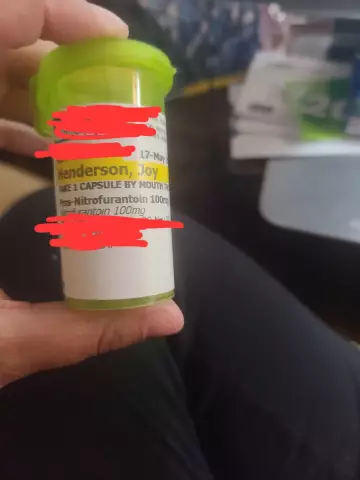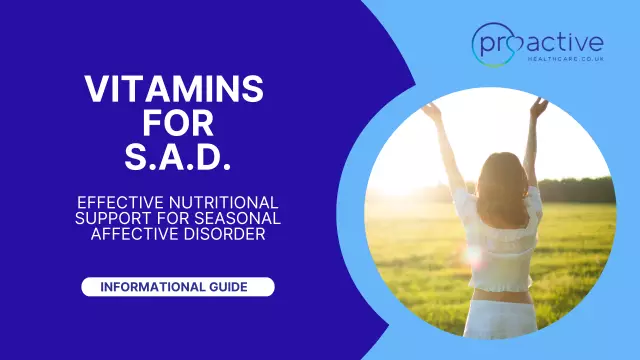- Author Rachel Wainwright wainwright@abchealthonline.com.
- Public 2023-12-15 07:39.
- Last modified 2025-11-02 20:14.
Antibiotics: truth and fiction

The discovery of antibiotics was a colossal step in the development of medicine, little comparable in importance. Antibiotics brought deliverance from massive epidemics that mow down entire cities - it's scary to imagine what would await us now, in our age of communications, if not for this invention.
When antibiotics were discovered, it was believed that it was almost a panacea for all diseases, so people were amazed at their effectiveness. Much later, when the euphoria passed, it became clear that not everything is so easy and simple, that there are indications and contraindications, as well as side effects, like any other medicine. Moreover, the strength of the side effects of antibiotics, when used incorrectly, can only be compared with their own effectiveness when used correctly.
Does an antibiotic cure everything or kill everything?
Neither is true. Antibiotics are active against bacteria, therefore, they treat diseases of bacterial origin. There is a misconception that bacteria and infection are one and the same. In fact, infection is a much broader concept. Bacteria are only one of the types of infectious agents, there are also pathogenic fungi, viruses, and all sorts of intermediate forms of life, like mycoplasma and ureaplasma, parasitizing in the human body, not to mention multicellular parasites, like helminths. Antibiotics are also called antibacterial drugs, that is, directed against bacteria. Currently, there are antifungal antibiotics and antiparasitic drugs, but this is always specifically indicated. There are no antiviral antibiotics - they are simply inactive against viruses,therefore, treating a viral infection with their help is useless, and taking into account the side effects, it is also harmful.
Opposite rumors that antibiotics kill all life are also false. Each antibacterial drug has its own spectrum of action, some are active against some bacteria, others against others, there are broad-spectrum antibiotics that affect most bacteria, but there is not a single universal one that would kill everything. By the way, antibiotics do not necessarily kill bacteria, that is, they have a bactericidal effect. There are also bacteriostatic, and most of them - they do not kill, but only stop the division of microorganisms, thereby stopping their reproduction.
Antibiotics, especially of the first generations, could have a damaging effect on some tissues of the body, for example, streptomycin has an ototoxic effect - it destroys the auditory nerve. Currently, most antibiotics do not have a direct destructive effect on body tissues, their side effect is caused by another - a decrease in immunity.
Give some light, harmless antibiotic
This request, which is often heard in the pharmacy, is extremely irritating to pharmacists, and here's why. The uncertain wording "any" suggests that the person has decided to prescribe antibiotic therapy on their own, based on their rich experience of going to doctors. Self-medication with antibiotics is strictly prohibited! It is because of their high efficacy and effectiveness that antibiotics can cause significant harm to the body, being taken for other purposes, and the treatment of the consequences of home antibiotic therapy sometimes lasts for months.
Secondly, there are no harmless antibiotics in nature. It only happens that their reception is justified by the existing need, but even the treatment with antibacterial drugs prescribed by the doctor for strict indications requires observation, correction with auxiliary drugs that mitigate their harm, and then restore the body. How to do it correctly, only the attending physician can decide.
I took an antibiotic pill - and everything disappeared like a hand
This can often be heard when a person, for example, has an upset stomach. It is difficult to say now where the confidence came from that in case of symptoms of indigestion, you need to drink one or two antibiotic tablets, but nevertheless this method is very common. In fact, antibiotics are only taken in courses; they are not taken like other medicines, such as pain relievers, as symptoms appear. Having started taking an antibiotic, it is necessary to take it in full, otherwise the bacteria that have not been killed will develop resistance to it, and the next time, when it is really needed, not only this medicine will not help, but all antibacterial drugs related to this series.
The antibiotic resistance of bacteria is what makes infectious diseases relevant in our time. The need to invent more and more antibacterial drugs is due to their thoughtless use with or without, which resulted in new generations of microflora that have become resistant to existing drugs.

Antibiotics for prevention
Antibiotics are not used for prophylaxis, period. All antibiotics have an immunosuppressive effect, that is, they contribute to a decrease in immunity. This action is the opposite of what prevention serves, because effective prevention of diseases is strengthening the immune system, that is, the body's own defenses. It is for this reason that antibiotics cannot be taken during a viral infection, since immunity is the only thing that effectively copes with viruses. The only exception is the attachment of a bacterial infection to an organism weakened by viruses, and then the lesser of two evils is chosen, prescribing antibiotic therapy.
Antibiotic therapy in children
In young children, immunity is not yet fully functioning; it usually reaches its development only by the age of seven. That is why, in children's practice, the use of antibiotics is carried out only when urgently needed, many pediatricians even insist that antibiotic therapy in children is justified only for health reasons. Never give your child antibiotics yourself without talking to your doctor. Immune failure and a variety of allergies are not yet the most difficult, which can be the result of rash and unjustified antibiotic use. Usually, sulfonamides, less dangerous in this sense, are selected for children - drugs that have a similar effect, but based on a slightly different action.
Is antibiotic therapy still harmful or beneficial?
So is taking antibiotics good or bad? Antibacterial drugs are a tool. If used correctly, it will be beneficial; if used incorrectly, harm. It is important to understand that these drugs are potent, which means they require a responsible, competent approach and use only in accordance with medical prescriptions.
Found a mistake in the text? Select it and press Ctrl + Enter.






